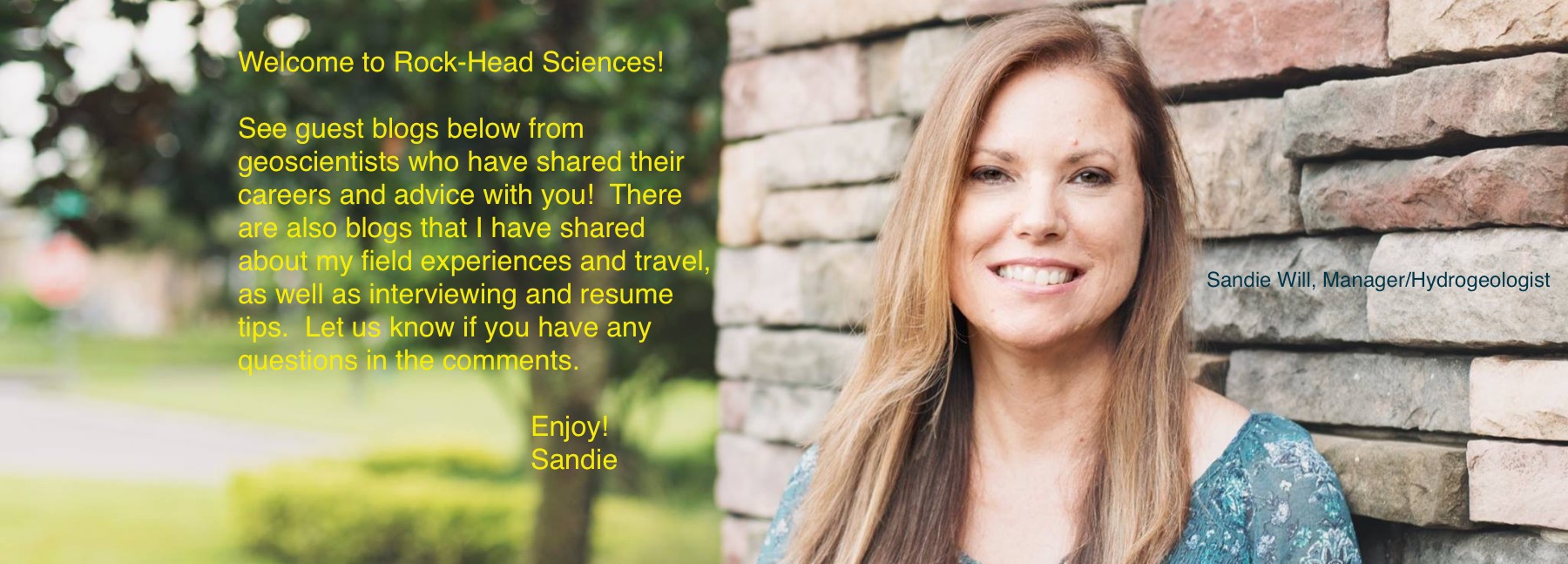NAME: Kathi Unglert
CURRENT TITLE: PhD Candidate at the University of British Columbia in Vancouver (since 2011)
AREA OF EXPERTISE: Volcano seismology, other volcano geophysics, machine learning
YEARS EXPERIENCE: 5
EDUCATION: After graduating with a combined BSc in geosciences from Ludwig-Maximilians-University/Technical University of Munich (Germany) in 2008, I went to get my MSc at Victoria University of Wellington, New Zealand. I graduated in 2011 and moved to Vancouver, where I am now working on my PhD.
WEBSITE: http://volcano-diaries.blogspot.com
What’s your job like?
For my PhD project, I have three main tasks: 1) Travel to volcano observatories or meet with people who have seismometers on volcanoes to get long time series of earthquake data from them, 2) process and analyze the data from all the different places, which involves some computer programming and lots of time series analysis tools, and 3) comparing the results to other data types (e.g. how the volcano deforms or emits gases) to be able to come up with an interpretation. Travelling is the most fun part: I get to see cool volcanoes, experience other cultures and work environments, and meet lots of interesting people.
What’s a typical day like?
My “typical” day doesn’t involve travelling, but is devoted to data analysis and interpretation. I usually show up at work and prioritize my emails first thing. Then, I might work on some computer code for my data processing, or look at my results. Reading lots of other studies about all the different volcanoes and their eruptions might be another thing I do while my computer codes are running. Once my codes are set up, my data analysis doesn’t involve much input from my side. Getting them to the point where they work in the way that I want them to, however, is surprisingly difficult and labor intensive. On some days, I have one or more group meetings to talk with other people in the department about our research. I’m also involved in a bunch of other things, like organizing graduate student events, sitting on department committees, going to schools around Vancouver to talk about volcanoes, coordinating the Outreach Program at our department museum (Pacific Museum of Earth) and more, so any day can have a number of other things added to my schedule. I usually wind down doing some exercise in the evening, which keeps me from staying at work too long (which otherwise easily happens, because there’s always some interesting result to ponder over, or some code that appears to be close to working…).
What’s fun?
Travelling is the best part, but I also really enjoy the first look at a new dataset after a few days of processing. There is always something interesting in a new dataset that catches my eye and inspires my imagination about processes going on underneath volcanoes.
My other favourite thing is to talk about volcanoes in many different ways: To students at schools around Vancouver, on my blog (volcano-diaries.blogspot.com), or at scientific conferences.
What’s challenging?
Sometimes the data processing poses challenges: Every dataset is slightly different, and comes with issues, so it can be difficult to get everything into the right format and apply all the processing steps. On the other hand, it would be boring if everything was easy, wouldn’t it?
What’s your advice to students?
Being in science mainly means to be curious – it doesn’t matter about what. One can always learn the skills required by a topic on the way. Always asking questions is an important part of being a scientist, and you can start doing that right now!
Some scientists might enjoy sitting in their lab and not interacting with people all day long, but in my experience, communication is a big help. Being able to explain your research to somebody else is something that you will have to do sooner or later as a scientist, so the more comfortable you are presenting things to different audiences, the better. It’s something that you can easily improve by practicing. Nobody is going to get on your case for making mistakes while you’re learning, so don’t be shy and try it out!


Who’s your supervisor?
Hi there, my supervisor is Mark Jellinek. He’s working on lots of different problems in earth and planetary sciences, mostly related to fluid mechanics. You can find his website here: https://www.eoas.ubc.ca/~mjelline/
Hope this helps,
Kathi